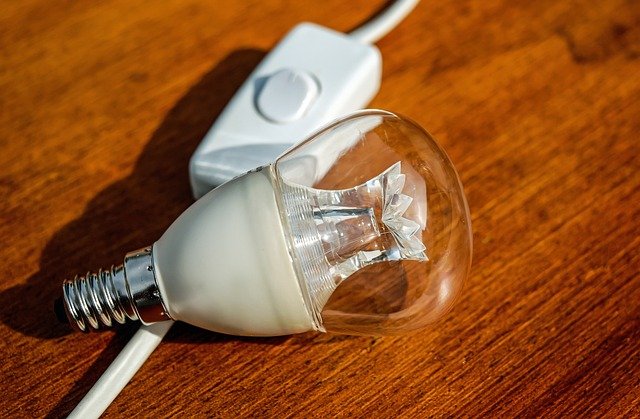Energy-efficient smart devices for modern households
Smart technology has revolutionized how we manage energy consumption in our homes, offering innovative solutions that combine convenience with sustainability. These intelligent devices not only automate daily tasks but also provide detailed insights into energy usage patterns, helping households reduce their carbon footprint while saving on utility bills. As homes become increasingly connected, energy-efficient smart devices are becoming essential components of modern living.

Understanding Smart Thermostats and Their Impact on Energy Savings
Smart thermostats represent one of the most impactful energy-saving devices available today. These intelligent climate control systems learn from your preferences and automatically adjust temperature settings based on occupancy, time of day, and seasonal changes. Advanced models like the Nest Learning Thermostat and Ecobee SmartThermostat can reduce heating and cooling costs by 10-15% annually through intelligent scheduling and remote control capabilities.
Essential Home Automation Tools That Lower Energy Costs
Modern home automation extends beyond basic temperature control to encompass comprehensive energy management systems. Smart plugs and switches allow remote control of electronics, eliminating phantom power draw when devices aren’t in use. Smart lighting systems with motion sensors and scheduling capabilities ensure lights are only active when needed, while smart blinds can automatically adjust to optimize natural light and reduce heating and cooling needs.
Integrating Smart Appliances for Maximum Energy Efficiency
Energy-efficient smart appliances form the backbone of a truly connected home. Smart refrigerators can adjust their cooling cycles based on usage patterns, while intelligent washing machines select the most efficient wash cycles based on load size and fabric type. These appliances often include energy monitoring features that provide real-time consumption data through smartphone apps.
Smart Home Energy Management Systems and Their Benefits
Complete home energy management systems tie together individual smart devices into a cohesive ecosystem. These platforms provide detailed analytics about energy usage, enabling homeowners to identify and eliminate waste. Many systems also integrate with solar panels and battery storage solutions for optimal renewable energy utilization.
Comparing Leading Smart Home Energy Solutions
| Product Category | Provider | Features | Estimated Cost |
|---|---|---|---|
| Smart Thermostat | Nest | Learning capability, remote control, energy reports | $199-249 |
| Smart Thermostat | Ecobee | Room sensors, Alexa built-in, usage tracking | $169-249 |
| Energy Monitor | Sense | Real-time monitoring, device detection | $299 |
| Smart Plug Pack | TP-Link Kasa | Energy monitoring, scheduling, voice control | $29-79 |
| Complete System | Samsung SmartThings | Hub, sensors, automation capabilities | $279-399 |
Prices, rates, or cost estimates mentioned in this article are based on the latest available information but may change over time. Independent research is advised before making financial decisions.
Creating an Eco-friendly Smart Home Infrastructure
The key to maximizing energy efficiency lies in choosing compatible devices that work together seamlessly. Start with a central hub that supports multiple protocols (WiFi, Zigbee, Z-Wave) to ensure future expandability. Consider energy monitoring capabilities when selecting devices, and prioritize those with Energy Star certification. Regular software updates and proper device maintenance ensure optimal performance and continued energy savings over time.
A well-planned smart home ecosystem can significantly reduce energy consumption while providing unprecedented control over household systems. As technology continues to evolve, these devices become increasingly sophisticated in their ability to optimize energy usage and contribute to a more sustainable future.




